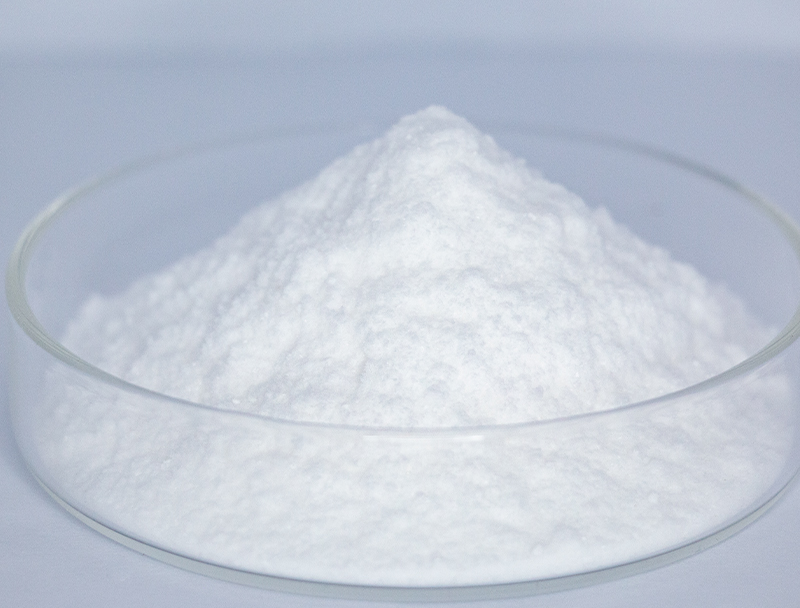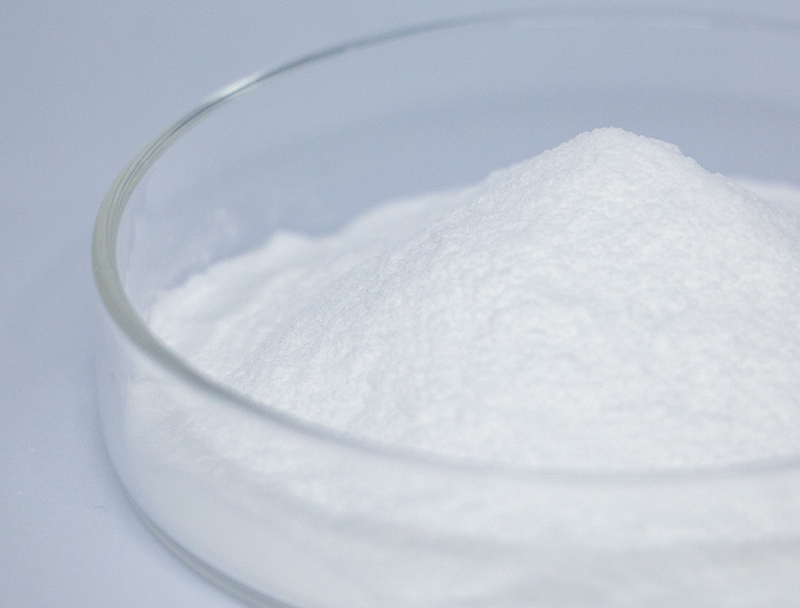
Cell-based production leans heavily upon a substantial range of substrates for fabricating next-generation bio-products.
Securing long-term supply of raw inputs is indispensable to sustainable success and conscientious scaling.
a range of complications linked to historic procurement practices for instance pollution and systematic depletion of reserves. Accordingly, companies are required to implement regenerative sourcing methods to mitigate footprints.
- Examples of sustainable sourcing practices include:
- Employing waste-stream inputs from industry leftovers
- Integrating recovery systems to shrink waste while improving throughput
- Building relationships with nearby vendors dedicated to moral sourcing
Embracing sustainable procurement produces environmental benefits with profitable potential.
Improving Biomass Inputs to Boost Biofuel Yields
Increasing biofuel conversion efficiency is tied to feedstock composition and condition. Scientists are constantly exploring novel strategies to optimize these feedstocks, achieving increased output and long-term energy sustainability. Methods encompass cellular engineering to augment biomass output and refining processes to liberate fermentable carbohydrates.
- Similarly, research probes algae, byproduct streams, and harvest remnants as potential sustainable sources to augment biofuel feedstocks.
- By means of ongoing innovation the biofuel sector can achieve substantial advances soon, shaping a cleaner energy future.

Next-Generation Upstream Methods in Biopharmaceuticals
spans early manufacturing steps including propagation and cell separation Recent advances in this domain have led to improved production processes, ultimately increasing product yield.
Meaningful breakthroughs include engineered cell strains, enhanced culture formulations, and modular reactor designs. 5-ALA The improvements increase output while decreasing cost structures and sustainability impacts.
- Additionally, a shift to integrated continuous operations is providing enhanced flexibility and responsiveness in production.
- This transition to advanced manufacturing techniques is set to transform the sector and accelerate therapeutic timelines.

Innovations in Gene Editing for Improved Biopharmaceutical Yield
progresses in gene editing technologies, such as CRISPR-Cas9, have revolutionized the production of biopharmaceuticals. With exact genomic alterations, researchers improve host productivity for therapeutic manufacture. This approach holds immense potential for developing more efficient and affordable biopharmaceuticals to address a wide range of diseases.
Microbial Biotechnology as a Sustainable Cleanup Strategy
novel biological remediation techniques leveraging microbial metabolisms for pollution control. Microbial communities can biotransform hazardous materials into lower-risk substances. Using microbial biotechnology enables remediation strategies that balance effectiveness with ecological protection. Analysts explore microbial consortia for targeted removal of metal toxins, pesticide residues, and petroleum contaminants.. These microorganisms can be employed in bioreactors or directly at contaminated sites, promoting the breakdown of pollutants through biodegradation processes..
Biotechnology-driven remediation delivers notable upsides compared to conventional cleanup tactics. The approach tends to lower treatment costs and avoids producing toxic residuals. Moreover, microbes can be tailored to address specific pollutants with minimal impact on non-target organisms. Research efforts persist to upgrade the potency and implementation of microbial remediation strategies.
Bioinformatics' Impact on Drug Design
Informatics platforms are essential to current drug discovery and development pipelines. From target selection to safety profiling, bioinformatics empowers rapid, data-informed therapeutic design.
- Via examination of genomic, proteomic, and clinical datasets, researchers pinpoint targets and project drug activity.
- Also, in silico modeling of molecular interactions accelerates optimization toward more selective therapeutics.
- Ultimately, bioinformatics modernizes development workflows and expedites access to safe, beneficial medicines.
Synthetic Biology Routes for Elevated Bioproduct Synthesis
utilizes multiple approaches to enhance production of desirable bioproducts in cells. Options include metabolic rerouting via gene edits, expression tuning through regulatory control, and incorporation of foreign enzymes to expand function.. With precise metabolic tuning scientists can greatly enhance yields of desired compounds.
This comprehensive strategy could transform numerous sectors such as pharmaceuticals, farming, and renewable energy.

Scaling Biopharma Production: Hurdles and Advantages
Large-scale manufacturing brings notable difficulties together with growth opportunities. Keeping consistent product performance at elevated volumes is a significant challenge. Addressing it demands strong process governance, accurate real-time analytics, and advanced measurement systems.

Process intricacy spanning various stages creates significant scale-up complexities.. Optimizing these processes for large-scale production can be a complex undertaking, requiring extensive research and technological innovation.. Nonetheless, the advantages can be major. Proper scaling can increase therapy supply, reduce expenses, and elevate profitability.
Several projects are designed to mitigate these scaling barriers. Plans feature next-gen optimization hardware, sophisticated real-time analytics, and forward-looking production strategies.
- Research and development activities are central to evolving manufacturing capacity.
- Regulators are reforming approval systems to facilitate adoption of advanced manufacturing and nurture innovation.
Regulatory Considerations to Maintain Biopharmaceutical Safety and Performance
Engineering biologic therapies includes robust governance to assure patient safety and measure effectiveness. Therapies derived from biological organisms carry special considerations not typical of conventional pharmaceuticals.
Agencies like FDA and EMA develop frameworks and criteria for validating and approving cutting-edge biotherapies..
Meticulous validation protocols are enforced from preclinical validation to long-term post-market evaluation.. The processes aim to expose risks and ensure that treatments meet exacting safety benchmarks.
Similarly, regulators iteratively adjust approaches to accommodate emerging biopharmaceutical breakthroughs.. This includes embracing novel technologies and facilitating the development process while maintaining a commitment to patient well-being.

Harnessing Plant Feedstocks to Create Biodegradable Plastics
Increasing interest in sustainable materials spurs innovation in renewable resource development. Among these, bioplastics, produced from plant-derived biomass feedstocks, offer a promising avenue towards a greener future. Feedstocks including cornstarch, plant cellulose, and sugarcane derivatives yield biodegradable plastics which break down and mitigate plastic pollution.
Furthermore, these bioplastics often possess comparable properties to their petroleum-based counterparts, making them suitable for a wide range of applications.. Continuous R&D will drive plant biomass into scalable bioplastic manufacture and help establish closed-loop material systems.
Emerging Biotech Solutions for Health and Food Security
Emerging biotechnologies deliver avenues to improve health outcomes and secure food resources. By harnessing genetic engineering, synthetic biology constructs, and advanced cell therapies, technologists deliver capabilities to reduce disease burden, raise crop outputs, and increase food value. A concrete example includes modified crops engineered for pest and stress tolerance that yield more while decreasing pesticide needs. Moreover, biotechnology plays a crucial role in developing vaccines, antibiotics, and diagnostic tools that are essential for combating infectious diseases and improving global health outcomes.. As innovations mature, biotechnology can provide meaningful contributions toward global health and resilient food supplies for future generations.
 α-Ketoglutaricacid
α-Ketoglutaricacid